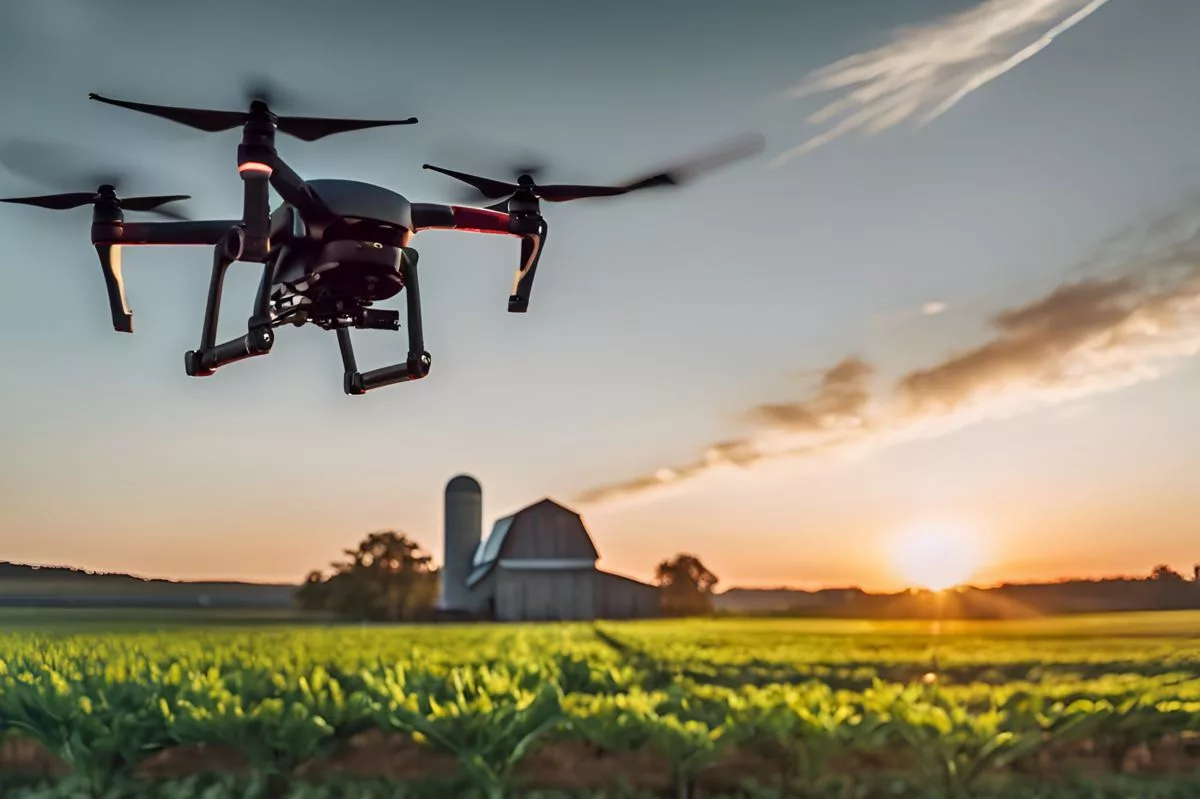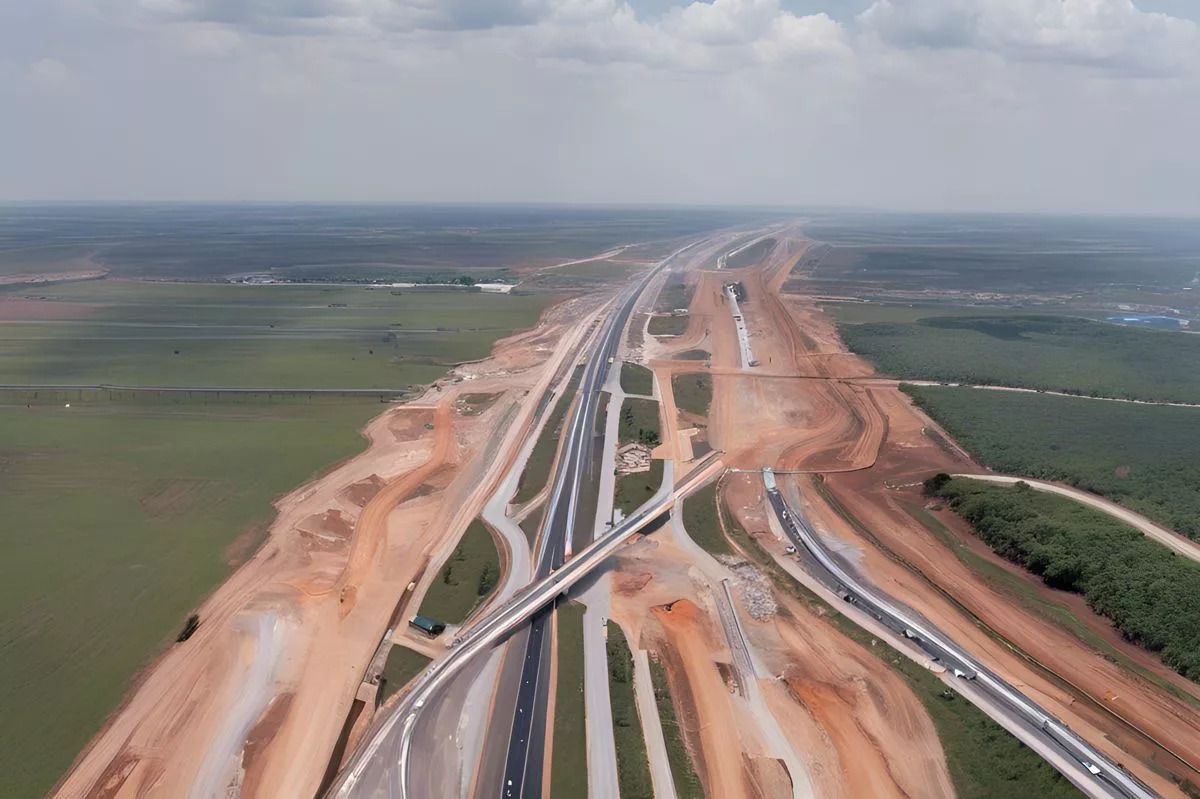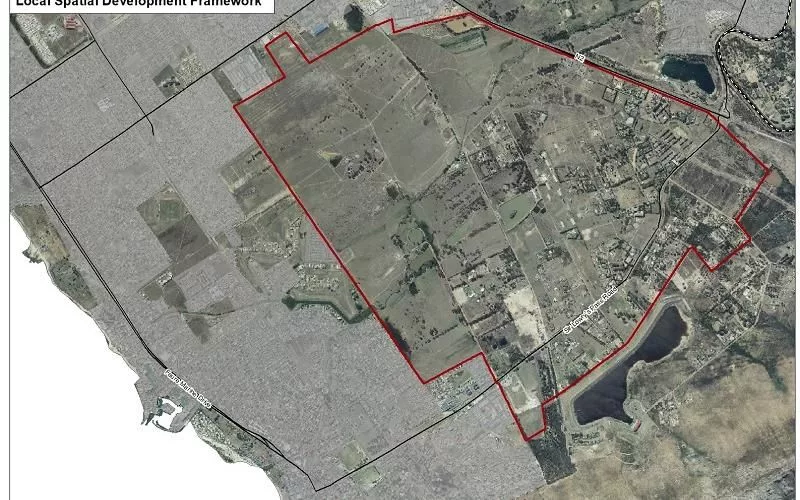The authorization of the Western Cape Department of Agriculture by the South African Civil Aviation Authority for its drone operations marks a significant step forward in the farming industry. The Unmanned Aircraft Systems Operating Systems Certification confirms the compliance of the department’s drone operations to strict aviation standards. The department’s commitment to technology and innovation is highlighted by its specialized fleet of drones that enable sustainable farming practices and contribute to the region’s economic growth and job creation. The use of drones in agriculture is a promising leap for the industry and sets a motivational model for other regions.
Heading: How has the Western Cape Department of Agriculture authorized drone operations?
The Western Cape Department of Agriculture (WCDoA) has received approval from the South African Civil Aviation Authority (SACAA) for its drone operations. This progression is facilitated by the Unmanned Aircraft Systems Operating Systems Certification (UASOC) which confirms the conformance of the WCDoA’s drone operations to the stringent standards of aviation.
Section 1: Authorization of Drone Operations
The Western Cape Department of Agriculture (WCDoA) has received approval from the South African Civil Aviation Authority (SACAA) for its drone operations. This marks a significant step forward in the area’s farming industry. This advancement is facilitated by the Unmanned Aircraft Systems Operating Systems Certification (UASOC) which confirms the conformance of the WCDoA’s drone operations to the stringent standards of aviation.
Dr Ivan Meyer, the Western Cape Agriculture Minister, communicated his hopeful outlook on this progression. Dr. Meyer asserted that this is a promising leap for the industry. It not only underlines our commitment to embracing cutting-edge technology but also propels the farming sector into a new era.
Section 2: Broad Impact of Certification
This certification carries implications beyond mere compliance. It augments the department’s research and technological endeavors, cultivating an environment that supports the advancement of services. Dr. Meyer extolled this strategy, stating, “Our SACAA accreditation is consistent with our commitment to ushering in the 4th industrial revolution.”
Staying true to its commitment, the WCDoA has acquired a series of specialized drones, such as spray, multispectral, LiDAR, and RTK drones. Dr. Meyer pointed out, “Our capable drone pilots, having undergone specific training, are adept at utilizing the unique abilities of each drone in our fleet. Their expertise ensures precision and effectiveness in diverse applications, making them invaluable resources in fields from precision farming to engineering projects.”
Section 3: Drones Empower Sustainable Farming
Dr. Meyer further highlighted how drones will enable the farming sector to maximize resource utilization, minimize environmental impact, and contribute to the promotion of sustainable agricultural practices. He added, “Achieving this milestone reinforces our commitment to delivering services, using technology to address the challenges our farmers face and assisting the industry in its journey towards sustainability.”
The Western Cape Government is enthusiastic about technology and innovation, a sentiment reflected in its Growth for Jobs strategy. The recently awarded UASOC Certification is an endorsement of this commitment, setting the foundation for enhancing the farming sector’s ability to contribute to the Western Cape’s economic growth and job creation.
Section 4: Embracing the 4th Industrial Revolution
Dr. Meyer concisely encapsulated the wider implications of this development: “Our SACAA accreditation is in line with our pledge to welcome the 4th industrial revolution.” The declaration is unambiguous – Western Cape is eager to employ technology and innovation to offer improved services to its residents. The drone certification exemplifies this commitment, introducing an innovative dimension to the farming sector and enhancing service delivery.
The Western Cape’s willingness to adopt technology is revitalizing, as is the government’s resolve to exploit it for the benefit of the agriculture sector and the regional economy. In an ever-evolving world, their strategy serves as a motivational model for other regions grappling with the challenges and opportunities brought on by the 4th industrial revolution.
Section 5: Fleet of Innovative Drones
Each drone in the WCDoA’s fleet is a testament to this commitment to technology and innovation. Be it the spray drones that maximize resource use, the multispectral drones that facilitate precise farming, or the LiDAR and RTK drones that boost engineering efforts, each device is symbolic of a government that is forward-thinking, ready to seize future opportunities.
In conclusion, if the Western Cape’s dedication to drone technology in farming is anything to go by, the province’s agricultural future is looking increasingly inventive. This commitment extends beyond just welcoming technology; it’s about employing technology to offer superior services to Western Cape’s residents, support farmers, and ensure that the region’s agricultural sector continues to contribute effectively to the economy. This progressive and innovative model is a valuable lesson for other regions.
1. What is the Unmanned Aircraft Systems Operating Systems Certification (UASOC)?
The Unmanned Aircraft Systems Operating Systems Certification (UASOC) is a certification that confirms the conformance of drone operations to the stringent standards of aviation. The Western Cape Department of Agriculture (WCDoA) has received approval from the South African Civil Aviation Authority (SACAA) for its drone operations through this certification.
2. What is the significance of the authorization of drone operations for the Western Cape Department of Agriculture?
The authorization of drone operations by the South African Civil Aviation Authority for the Western Cape Department of Agriculture is a significant step forward in the region’s farming industry. The WCDoA is now authorized to use specialized drones that enable sustainable farming practices and contribute to the region’s economic growth and job creation.
3. What is the impact of the authorization beyond mere compliance?
The authorization of drone operations by the SACAA carries implications beyond mere compliance. It augments the department’s research and technological endeavors, cultivating an environment that supports the advancement of services. This sets the foundation for enhancing the farming sector’s ability to contribute to the Western Cape’s economic growth and job creation.
4. How do drones enable sustainable farming practices?
Drones enable the farming sector to maximize resource utilization, minimize environmental impact, and contribute to the promotion of sustainable agricultural practices. The Western Cape Department of Agriculture highlights its commitment to delivering services, using technology to address the challenges farmers face, and assisting the industry in its journey towards sustainability.
5. What is the Western Cape’s stance on technology and innovation?
The Western Cape Government is enthusiastic about technology and innovation, a sentiment reflected in its Growth for Jobs strategy. The recently awarded UASOC Certification is an endorsement of this commitment, introducing an innovative dimension to the farming sector and enhancing service delivery.
6. What is the significance of the WCDoA’s fleet of drones?
Each drone in the WCDoA’s fleet is a testament to their commitment to technology and innovation. The specialized fleet of drones, such as spray, multispectral, LiDAR, and RTK drones, are capable of utilizing the unique abilities of each drone in their fleet. Their expertise ensures precision and effectiveness in diverse applications, making them invaluable resources in fields from precision farming to engineering projects.












